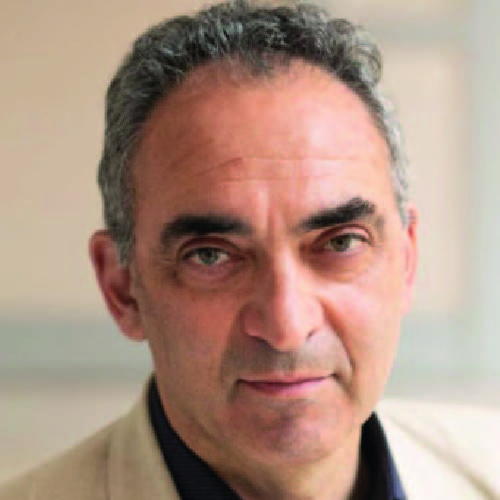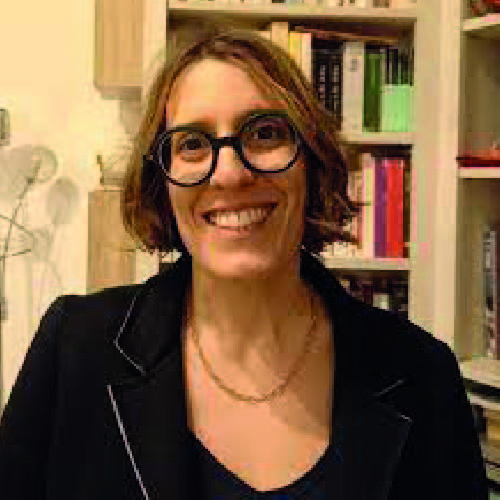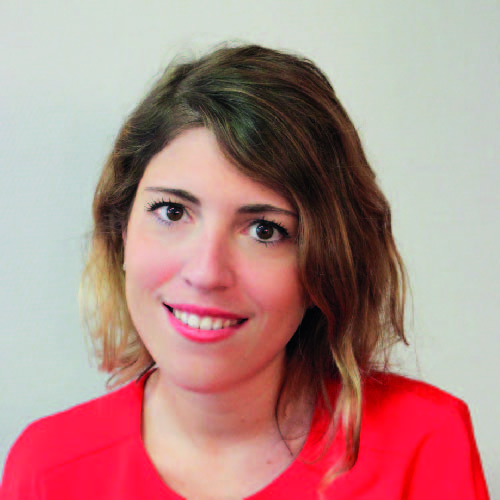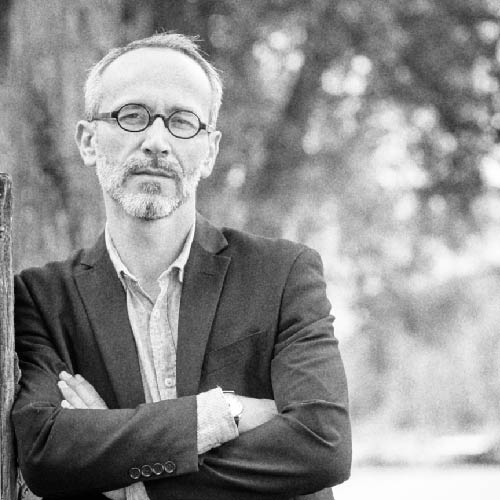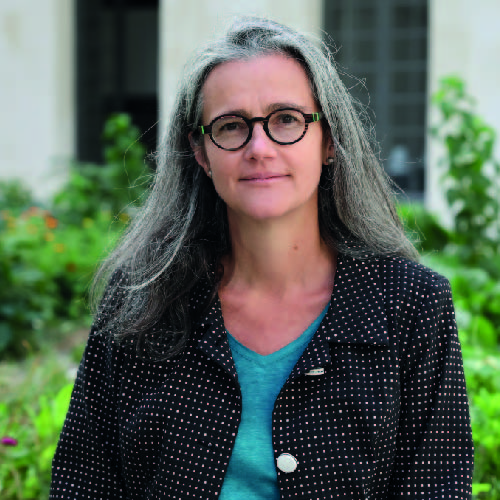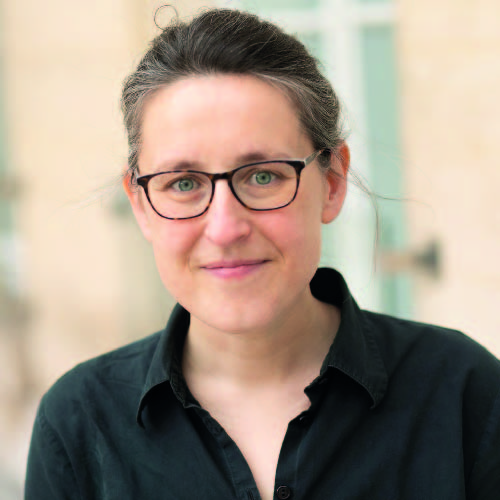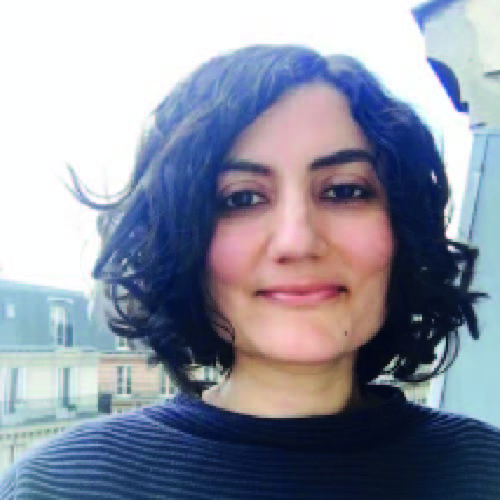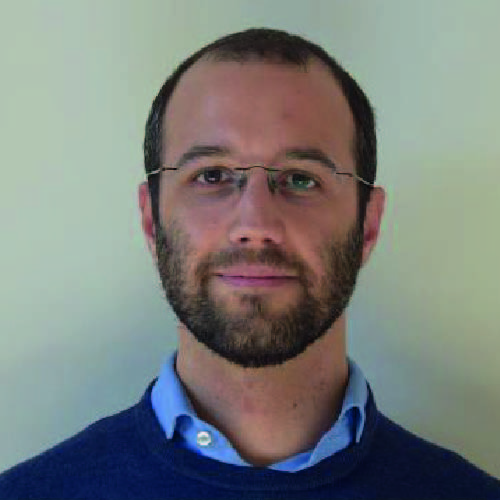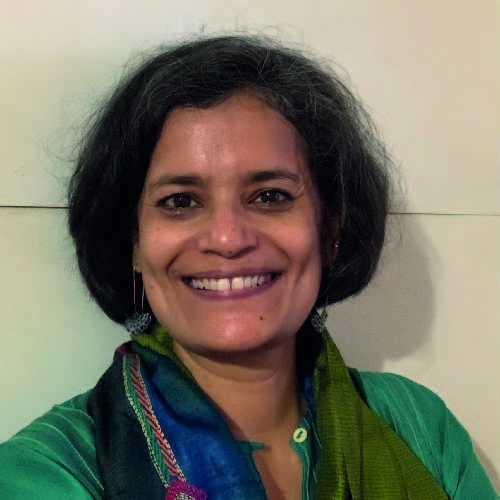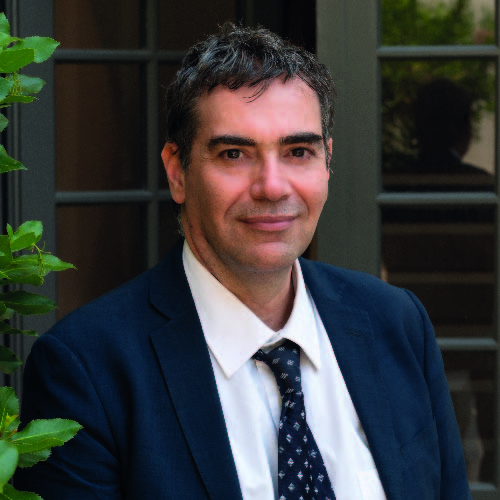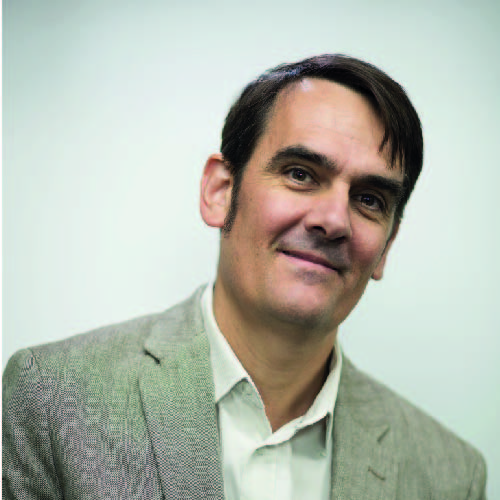AESOP 2024 ANNUAL CONGRESS | ROUNDTABLES
36th AESOP Annual Congress 2024 Paris, France
“GAME CHANGER? Planning for just and sustainable urban regions”
Futuring the European Metropolitan Region under the change– between strategic positioning and everyday life worlds
This Roundtable is hosted within Track 12
Organizers :
- Camilla Perrone, University of Florence
- Peter Ache, Radboud University
Speakers:
- Karsten Zimmermann, Dortmund Universit
- Marco Cremashi, Sciences Po, Paris
- Kristi Grishakov, Tallinn University of Technology
- Valeria Fedeli, Polytechnic of Milan
The challenges regarding European Metropolitan Regions are growing in these times of a polycrisis: climate change adaption, the energy transition and a turn towards a post-carbon-economy, and variegated socio-economic and spatial fragilities, are all building up stress levels in those regions. What happens in the ‘power houses’ of modern urban societies, and how can we navigate these areas between strategic positioning and providing everyday life worlds? How are urban policies coping with these challenges, and what impact does the Next Generation EU policy play in addressing transformations and transition? The RT will address related issues in a critical inquiry but also by outlining some pathways to the future of the European Metropolitan Space. Against this backdrop, the RT intends to explore three dimensions of the current transition, focusing on the nature of the game changer and the possible implementation mechanisms for innovative policy and planning responses:
- Urban policies dimension: If and how European urban policies are matching the nature of the changing spatial processes while supporting transitions (energy, ecological, economic, digital etc.) and the tackling of crises and the unexpected (as learned from the outbreak of COVID-19). Is there enough understanding of the configurations of socio-spatial-ecological formations that result from the processes of territorialisation, deterritorialization and reterritorialization within the pathways of contemporary capitalism(s)? Which processes of renegotiation of space are unfolding during crises and shocks? What are the new urban policies, planning and everyday life practices in response to this?
- Spatial imaginaries: What are the new spatial imaginaries, either produced by experts and institutions at EU level, but also by people, as collective constructions with a performative and normative role, in response to the ‘polycrisis’? Which ‘distance’ (gap?) can be seen between current consolidated spatial imaginaries and the trajectories of change accelerated by the COVID-19 andemic and the climate crisis, and how can it be addressed?
- Pathways to the future of the European Metropolitan Space: Which conceptual and methodological challenges result for public policies and planning, as conceived so far? Further, which new approaches are needed to face the transition composed of big and smaller events (impacting one another)? Which scenarios can be sketched for the future of the metropolitan regions in the coming decades and under what enabling conditions can policy and planning foster just and sustainable urban regions? Will we see new governance settings evolve? Will new coalitions be shaped? Have we seen some exciting experiments? Are they alive or were they doomed? What could be cornerstones for future climate, pandemic, and energy-resilient cities?
Keywords: Europe, metropolitan regions, strategic planning, game changer, life worlds, futuring
LOC
The Local Organising Committee
